Voice Changer for Gaming & Streaming: Legal Risks, Platform Rules & Safe Use
"Over 67% of streamers now use voice modifiers to enhance anonymity or entertainment value, but at what legal cost?" Voice changers, software that alters vocal pitch, tone, or accents in real-time, have exploded in popularity among gamers and streamers. However, blurred lines between entertainment and deception are raising critical questions: When does voice modulation violate platform rules or even laws? This guide unpacks the legal gray areas of voice changers and how to stay compliant.
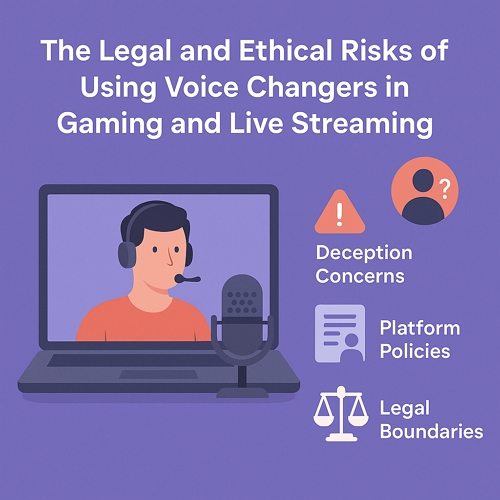
Part 1. Creative Expression vs. Deception
Voice changers can be completely legitimate and fun-until they're not. The legality often hinges on how and why you're using them.
Compliant Use Cases
- Roleplay & Character Voices: Many VTubers or streamers use fantasy characters with modulated voices.
- Comedic Content: Sound distortion for jokes or storytelling is generally accepted.
- Privacy Protection: Especially important for female gamers or minors, voice changers help prevent doxxing or harassment.
Risky and Potentially Illegal Scenarios
- Impersonation of Public Figures: Using a cloned voice to imitate celebrities, politicians, or officials-especially in a misleading context-can trigger defamation or fraud claims.
- Age/Gender Fraud: Using child-like or adult voices to access restricted spaces (e.g., adult content or age-limited gambling ads) may violate child protection laws.
- Deceptive Behavior in Competitive Games: In games like Among Us, misleading other players through manipulated voice cues may result in bans or even accusations of cheating.
Real Case: Twitch Ban Over Fake "GM" Voice
A notable streamer was permanently banned from Twitch in 2022 for using a AI-generated voice to impersonate a Game Master (GM), convincing viewers they were affiliated with the platform. This was deemed a deliberate attempt to mislead, violating Twitch's impersonation and fraud policies.
Part 2. Platform Tolerance Levels
Major content and gaming platforms have started to define clearer boundaries when it comes to voice modulation tools. Here's how they differ:
| Platform | Voice Changer Policy | Notable Enforcement Case |
|---|---|---|
| Twitch | Permitted for entertainment; misleading impersonation is banned | 2023 ban of AI channel simulating presidential speeches |
| YouTube | Requires disclosure of synthetic/AI-generated voices (per FTC guidelines) | Removal of AI-generated cover songs without proper labeling |
| Discord | Policies vary by server; moderation is community-based | NSFW servers often use filters to block age-related voice masking |
Even if voice changers aren't specifically prohibited, their abuse can still violate terms of service when used to mislead or harm others.
Part 3. Legal Red Zones
Voice changers become legally problematic when they intersect with rights violations, fraud, or misuse of biometric data. Below are common legal red zones:
Copyright & Voice Rights
Imitating someone's unique voice-especially that of a celebrity or voice actor-can infringe on their Right of Publicity.
- In California, Civil Code §3344 protects against unauthorized use of one's "likeness," which includes recognizable voice.
Fraud & Intent to Deceive
Using a voice changer to extract money, gain access, or manipulate people may meet the criteria for criminal fraud if:
- The user has intent to deceive
- The target experiences tangible harm or loss
Child Protection & Age Verification
If a user disguises their age using a child-like or adult voice to bypass protections or access restricted content, they may violate local Child Online Protection Acts.
Biometric Data & Privacy Laws (GDPR/CCPA)
Voiceprints are classified as biometric identifiers. Collecting or manipulating others' voice data without consent may violate regulations such as:
- GDPR in the EU
- CCPA in California
Part 4. Best Practices for Safe Usage
To stay creative and compliant, follow these ethical best practices:
Safe Use Checklist
- Disclose Voice Modifications: Add captions like "This voice is digitally modified" in your stream or video.
- Avoid Cloning Real People: Do not use presets that imitate celebrities, politicians, or other creators without permission.
- Get Consent in Competitive Games: Especially in social deception games, inform teammates if you're using altered voices.
- Use Tools with Compliance Features: Choose software like HitPaw VoicePea, which offers built-in ethical presets and doesn't store biometric data.
Part 5. How to Safely Use HitPaw VoicePea for Voice Cloning
HitPaw VoicePea is a professional yet user-friendly voice changer designed for content creators, gamers, and streamers. It provides a range of safe, preset voice effects-from cartoon characters to robotic sounds-while emphasizing user control and privacy.
HitPaw VoicePea Key Features
- Instantly transform your voice while gaming, streaming, or chatting without any delay.
- Choose from a wide range of built-in effects like Male to Female, Robot, Cartoon, Kid, Monster, Deep Voice, and more.
- Adjust pitch, formant, volume, and timbre to fine-tune or create your own signature voice.
- Seamlessly integrates with Discord, OBS, Zoom, Fortnite, Valorant, Minecraft, and other streaming or gaming apps.
- Does not store or transmit your voice data-ensuring compliance with data protection laws (e.g., GDPR, CCPA).
How to Use HitPaw VoicePea Step by Step
Step 1: Download and Install HitPaw VoicePea
Download the version compatible with your operating system (Windows/macOS). Follow the installer instructions to complete setup.
Step 2: Set Up Your Microphone
Launch the app and select your input (microphone) and output (headphones/speakers) devices to ensure smooth voice routing.
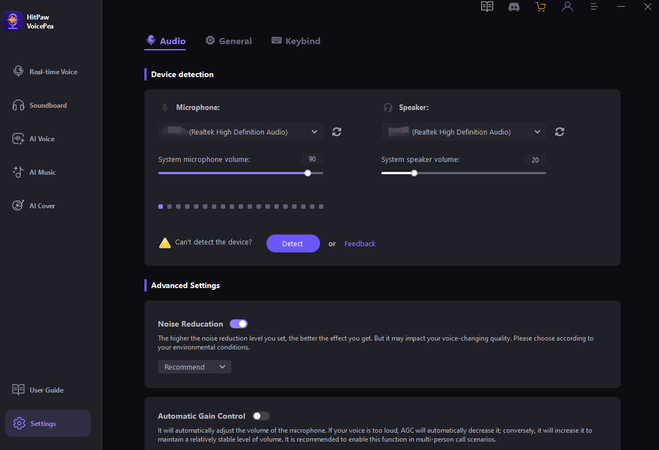
Step 3: Choose a Voice Effect
Browse the preset library on the left panel and click to preview each effect in real time. You can test voices like Robot, Girl, Kid, or Monster with live feedback.
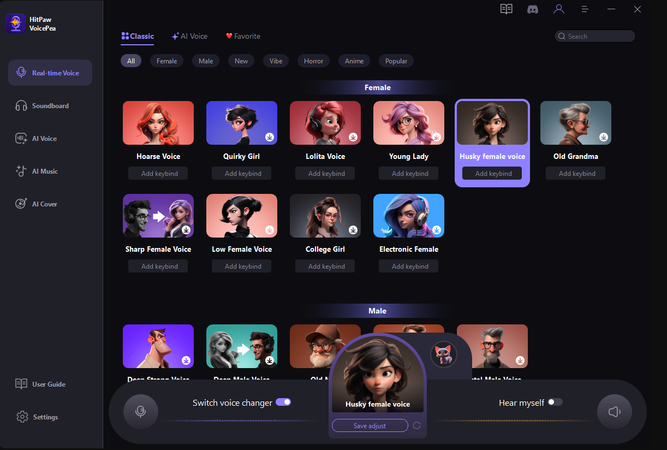
Step 4: Fine-Tune Your Sound
Use the adjustment sliders to change pitch, tone, and speed. You can also save your custom combination as a personal preset for future use.
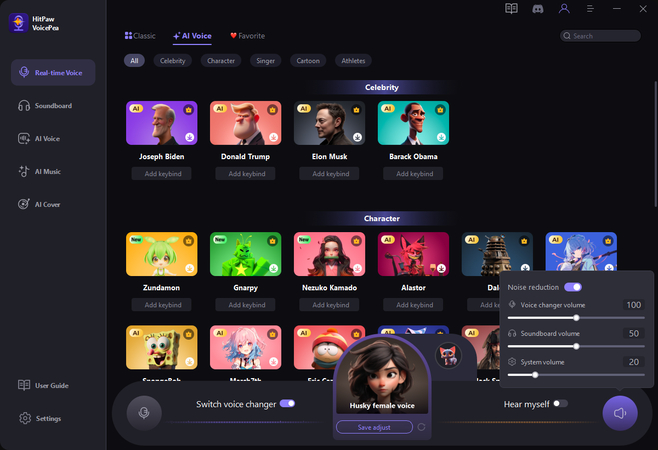
Step 5: Connect with Your Streaming or Gaming Platform
Go to OBS, Discord, or your chosen platform's audio settings. Set "HitPaw VoicePea Virtual Microphone" as your audio input.
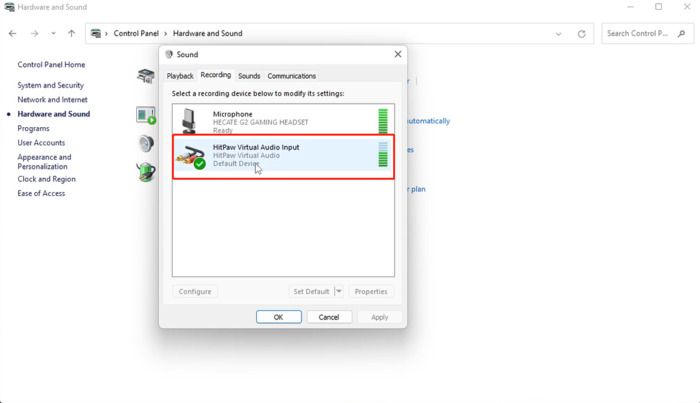
Step 6: Start Talking and Monitor Live Output
Speak into your mic and check how your voice sounds in your stream or game. You can toggle effects on/off anytime with a single click.
Conclusion
Voice changers have opened new doors in gaming and live entertainment-but they also come with legal and ethical responsibilities. While voice changers like HitPaw VoicePea unlock endless entertainment possibilities, respecting platform policies and laws is non-negotiable. Stay informed, label synthetic content, and prioritize ethical usage.







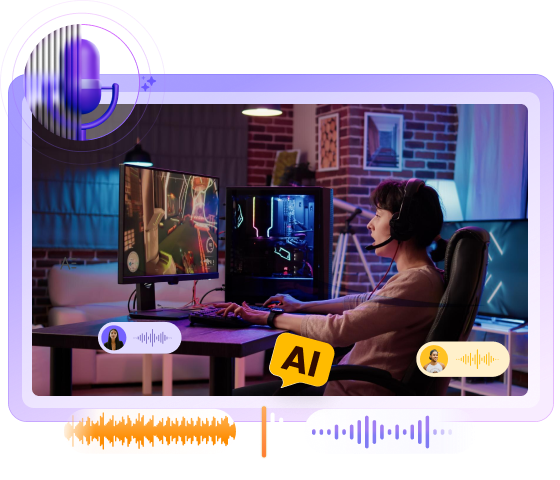
 HitPaw Univd (Video Converter)
HitPaw Univd (Video Converter) HitPaw VikPea (Video Enhancer)
HitPaw VikPea (Video Enhancer)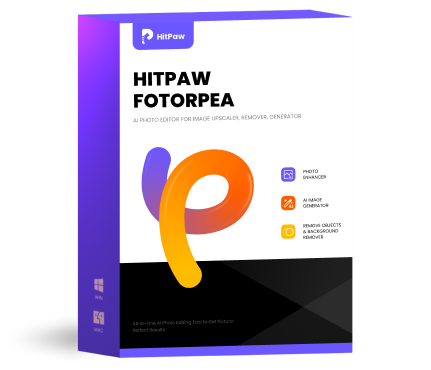 HitPaw FotorPea
HitPaw FotorPea

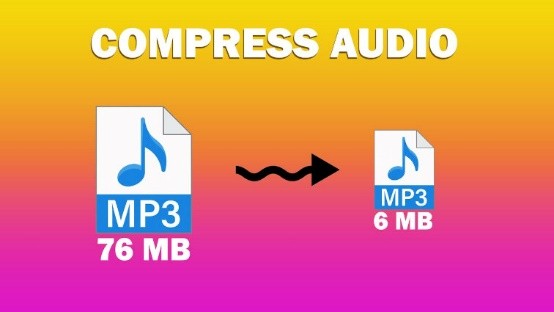


Share this article:
Select the product rating:
Daniel Walker
Editor-in-Chief
This post was written by Editor Daniel Walker whose passion lies in bridging the gap between cutting-edge technology and everyday creativity. The content he created inspires the audience to embrace digital tools confidently.
View all ArticlesLeave a Comment
Create your review for HitPaw articles